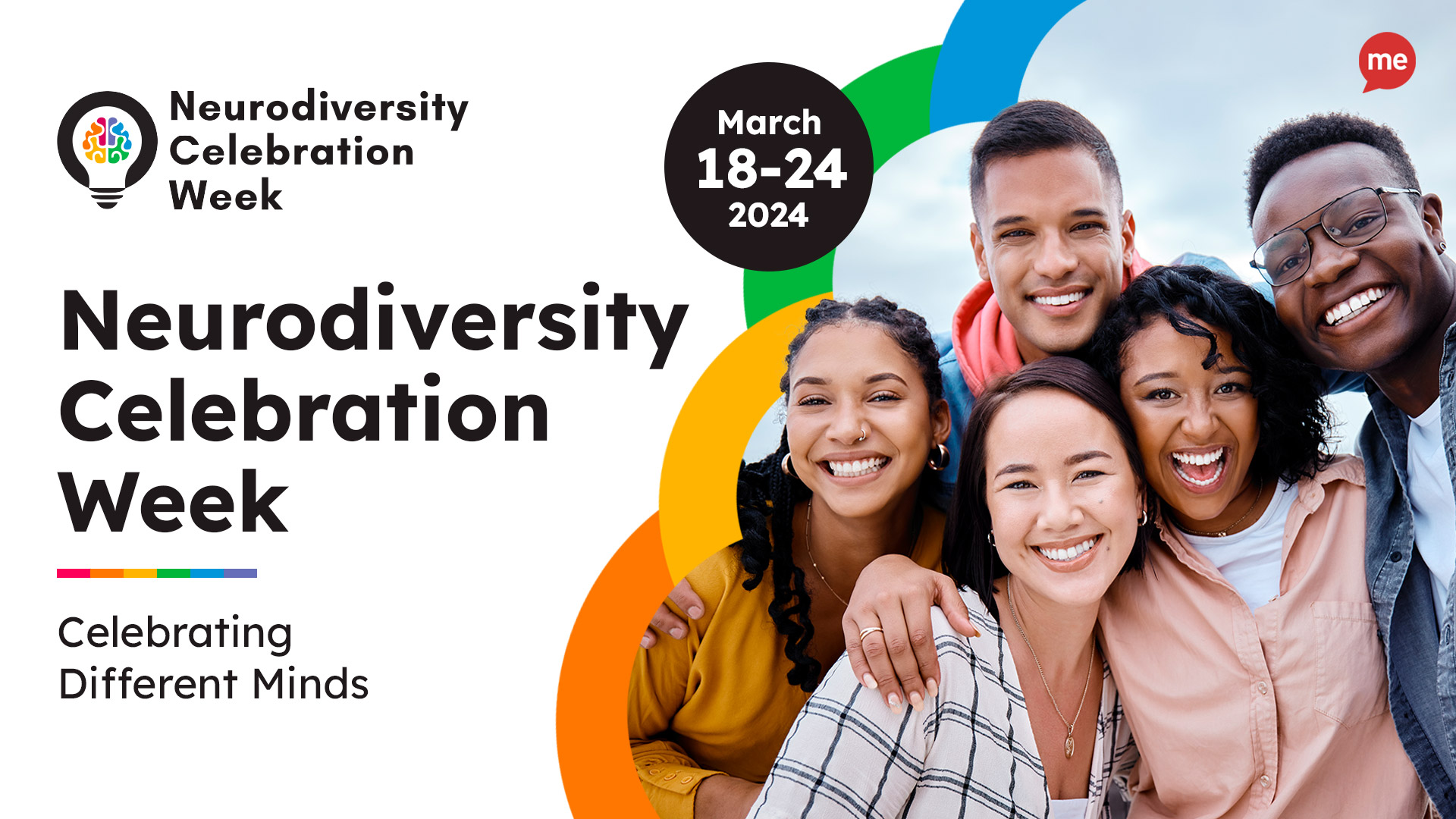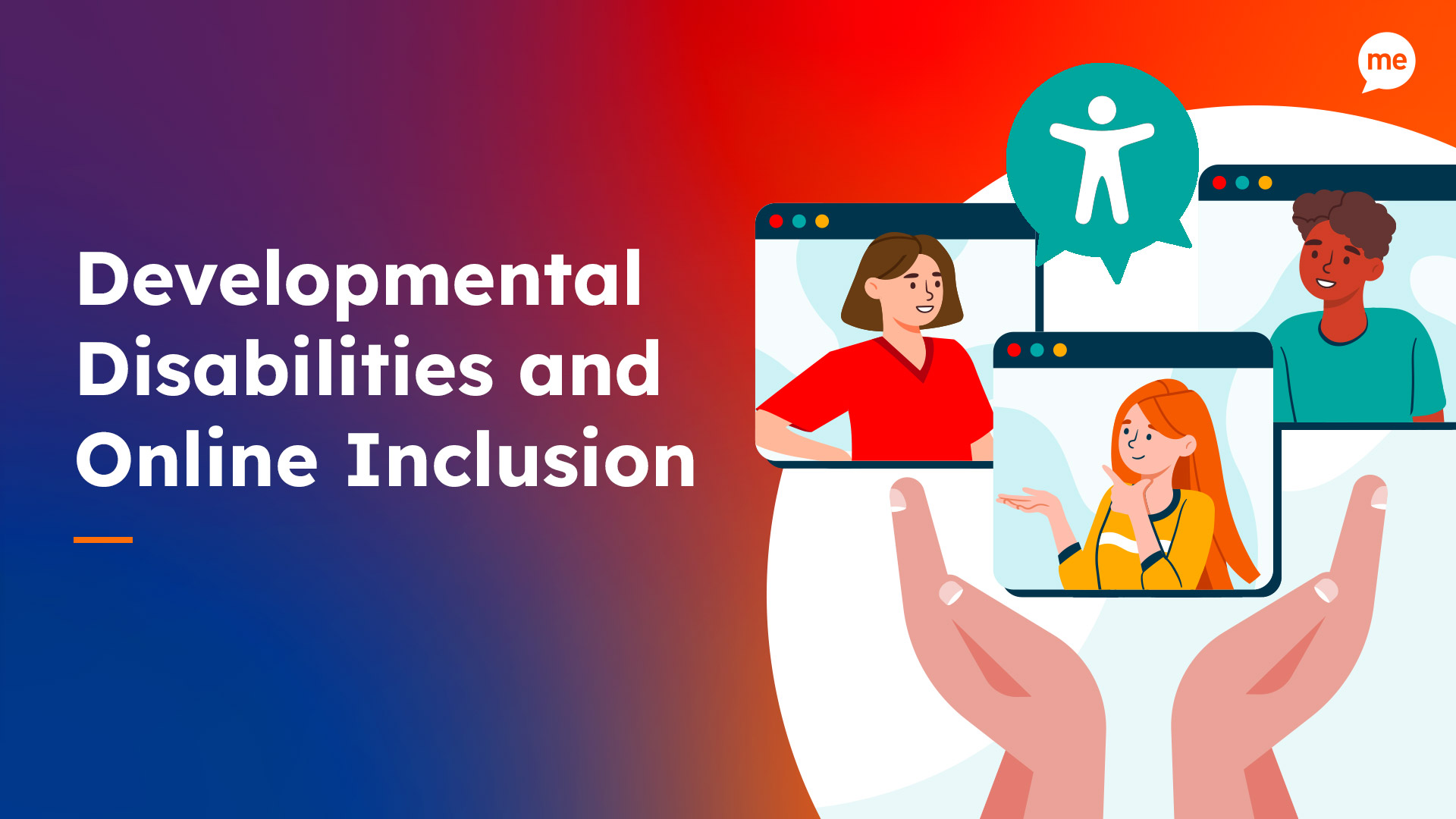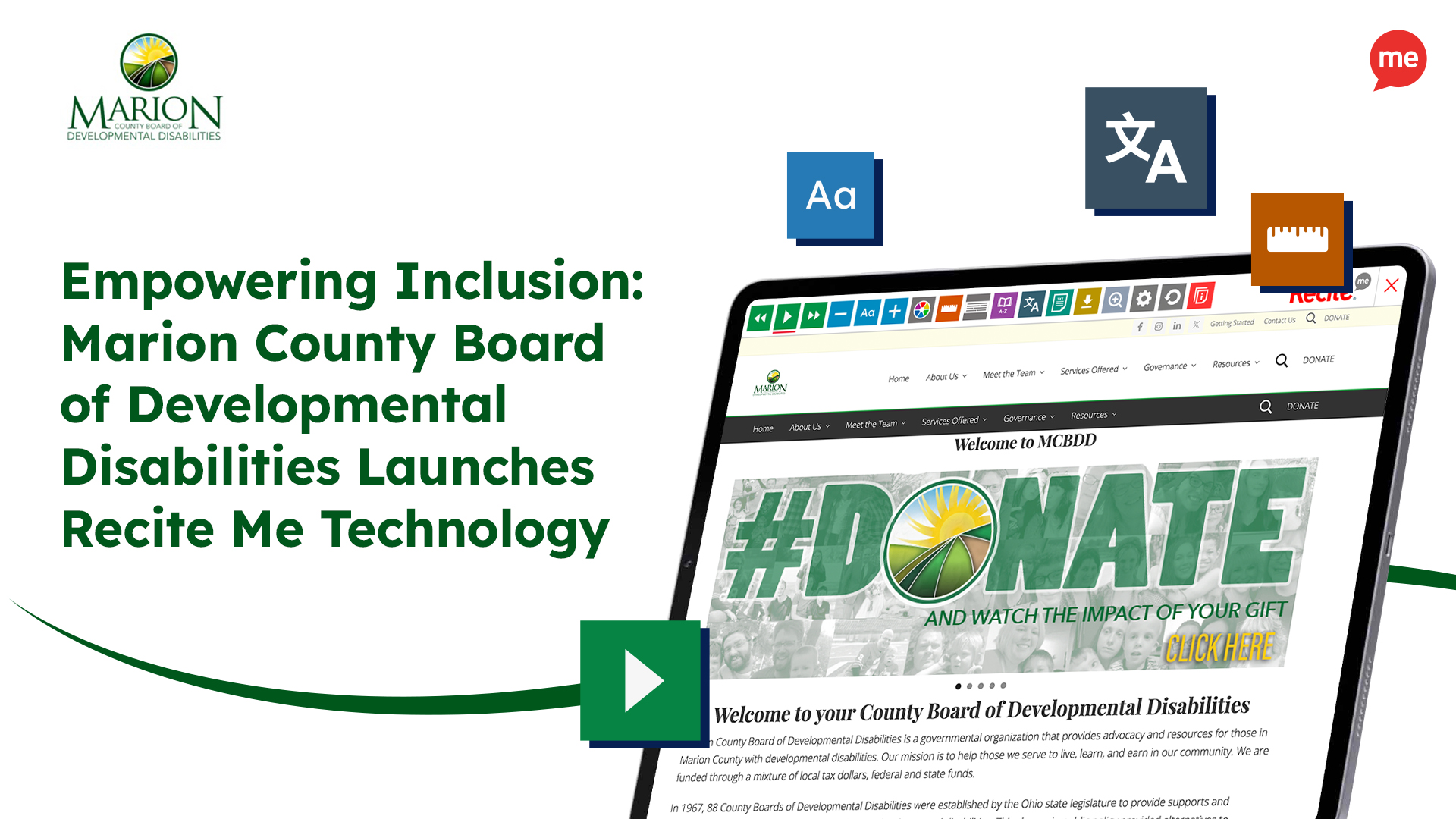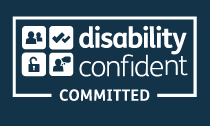This week marks the 32nd anniversary of the Americans with Disabilities Act (ADA), an annual celebration of an important civil rights law that works to ensure all people with disabilities have the same rights and opportunities as everyone else. We caught up with Hanna Glissendorf, Advocacy Services Representative / Digital Media Administrator at Disabilities Rights South Dakota to discuss the importance of protecting and advocating for the civil and legal rights of individuals with disabilities.
Learn more about ADA Web Accessibility Laws here.
1. What does Disability Rights South Dakota work to achieve, and what support do you provide for people with disabilities?
Disability Rights South Dakota (DRSD) is a non-profit legal services agency dedicated to protecting and advocating for the rights and inclusion of South Dakotans with disabilities. We embrace change and envision a South Dakota where people with disabilities have a life of inclusion and dignity; where they are self-directed and without barriers; where all citizens receive equal treatment and respect for their decisions; and where citizens with disabilities and their families can live free from fear of abuse, neglect, discrimination, and exploitation.
We provide a full range of advocacy services to individuals with disabilities including information and referral services, individual case services, alternative dispute resolution, and administrative or legal remedies.
2. How is Disability Rights South Dakota providing an inclusive experience for all?
DRSD strives to provide an inclusive experience for all by keeping accessibility at the forefront of what we do. We work to provide accessible materials and resources to our clients along with accessible digital content and tools online (including the Recite Me Accessibility and Language toolbar). We also understand how important it is to include individuals with lived disability experience when making decisions about how to best serve the disability community.
As such, we continuously seek out public input and encourage the disability community to share their stories, both with us and with the broader community. For example, through our Partners in Policymaking program, we strive to empower individuals with disabilities to advocate for themselves in local government settings, where they have a chance to make a real impact on legislation that directly affects the lives of individuals with disabilities.
3. How does Accessibility play a part in disability advocacy?
Accessibility plays a huge role in disability advocacy. Accessibility, including online accessibility, ensures that everyone is able to receive, interact with, and contribute to information and resources. It enables individuals with disabilities to be included in important conversations and have access to the same opportunities as their non-disabled peers. It enables independence, inclusion, dignity, and respect – in short, accessibility is essential to equality.
4. What do you hope for the future of disability advocacy?
We hope that disability advocacy continues to grow and that more and more individuals with disabilities will feel empowered to advocate for themselves and the broader disability community.






